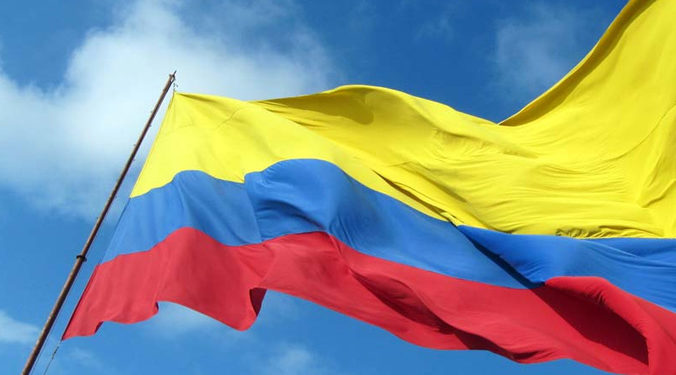Ripple plans to tokenize Colombian land are on hold by new administration as the initiative was deprioritized by the new Colombian government. The plan was to place land titles on the blockchain.
The initiative was first announced by the departing government’s Ministry of Information Technology and Communications, only two weeks before newly elected President Gustavo Petro took office.
According to a Forbes story from the day before yesterday, August 30, the National Lands Agency’s interim head, Juan Manuel Noruega Martnez, said that this particular project is not one that is on the NLA strategic priority list for 2022. He said:
“This isn’t one of the projects defined in the PETI [Strategic Plan for Information Technologies]”
The decision is surprising given that Colombia’s new president is considered to be pro-cryptocurrencies and has previously expressed his support for them.
¿Y que tal que el litoral pacífico aprovechara las caídas de alta pendiente de los rios de la cordillera occidental para producir toda la energía del litoral y reemplazar cocaína con la energía para las criptomonedas?
La moneda virtual es pura información y por tanto energía. https://t.co/65xdN2whuO
— Gustavo Petro (@petrogustavo) October 2, 2021
The collaboration, which includes Colombia’s National Land Agency, Ripple, and software development firm Peersyst Technology, intended to tokenize real estate on the blockchain in order to simplify property search operations. It was also intended to create transparent and most importantly cheaper property title administrations, as well as more efficient financing and payment processing.
An order to establish property titles for small and medium rural properties was included in the 2016 peace accord that formally marked the end of Colombia’s war. According to a 2013 survey, just one in every two small farmers has formal land rights.
Because of the lack of formality, farmers are discouraged from investing in land and land cannot be used as collateral for loans. To solve this issue, a blockchain ledger for real estate was built, providing landowners with security and an incentive to invest in their property.
According to Peersyst Technology, the register was introduced on July 1 following a year of development.
On July 30, Peersyst announced that the first deed had been recorded to the ledger, with the land certificate resembling any other save for the QR code included in it, which verifies the certificate on the blockchain. The QR code may be used by anybody to locate the property deed on the XRP blockchain.
There have been no new developments in the collaborative project. The only thing we know is that Ripple plans to tokenize Colombian land are placed on hold by the new administration of the country.
Read the latest crypto news.
DC Forecasts is a leader in many crypto news categories, striving for the highest journalistic standards and abiding by a strict set of editorial policies. If you are interested to offer your expertise or contribute to our news website, feel free to contact us at editor@dcforecasts.com























Discussion about this post